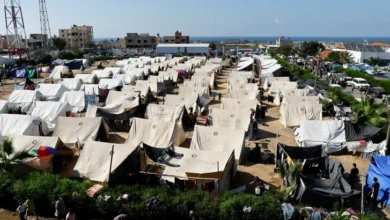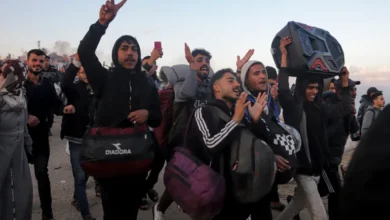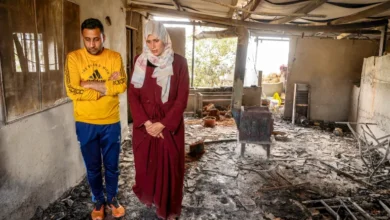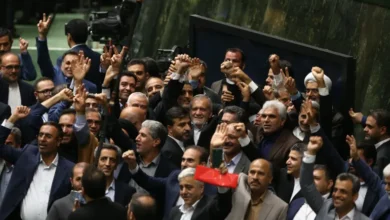U.S. and Israeli Actions Displace Palestinians and Lebanese, Burdening Arab Nations
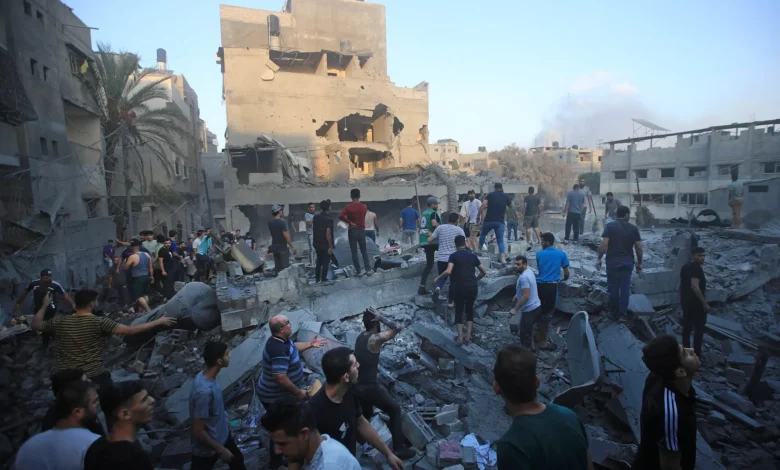
The United States and Israel are displacing Palestinians and Lebanese, while Arab countries bear the responsibility of sheltering them.
Consistent media reports reveal that the United States funds 70% of Israel’s war on Arab countries, meaning its share of destruction, killings, and crimes exceeds that of the occupying forces.
Observers question the accuracy of these figures, instead holding the United States fully accountable at 100%. They argue that Israel has a fragile economy that cannot fund even 1% of the war effort, nor can its factories meet the military demands for ammunition and supplies. Consequently, Israel relies entirely on U.S. provisions, submitting daily lists of military requests to the U.S. administration. Furthermore, the United States protects Israel in international forums and courts, exerting pressure on any party attempting to hold Israeli leaders accountable.
Therefore, the U.S. administration bears responsibility for the displacement and devastation in Gaza, the West Bank, and Lebanon, with over 2 million Palestinians and 1 million Lebanese uprooted from their homes and cast into distant areas, forced to live in tents under nearly unlivable conditions. Israel’s actions would not be feasible or sustained without the support and endorsement of Washington.
The harsh conditions endured by the displaced are partly due to the Arab countries in the Middle East, which are mostly dealing with economic hardships and barely able to meet the needs of their own populations. As such, the United States and Israel must bear the responsibility of providing housing, shelter, food, and clothing for these individuals, in addition to offering full assistance and support, as the events unfolding are part of American and Israeli strategic interests.
A United Nations study indicates that the economic cost of the war in Gaza for neighboring Arab countries could rise to at least $10 billion this year and drive over 230,000 people into poverty.
The study also states that the war’s cost to neighboring countries could reach $10.3 billion, or 2.3% of their GDP, potentially doubling if the conflict continues for another six months.
